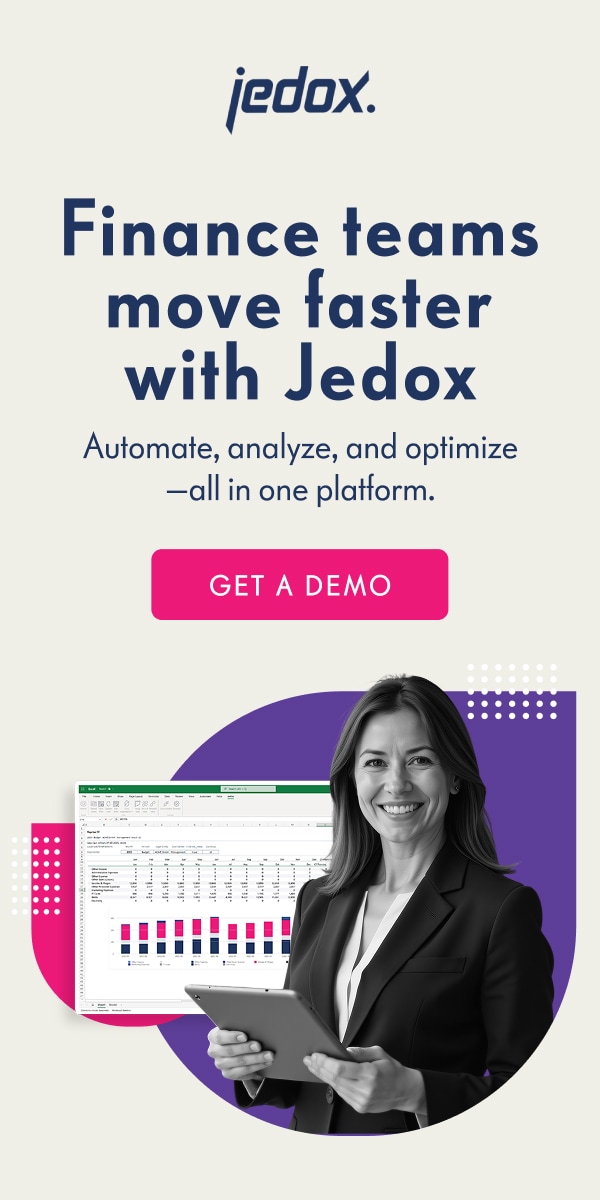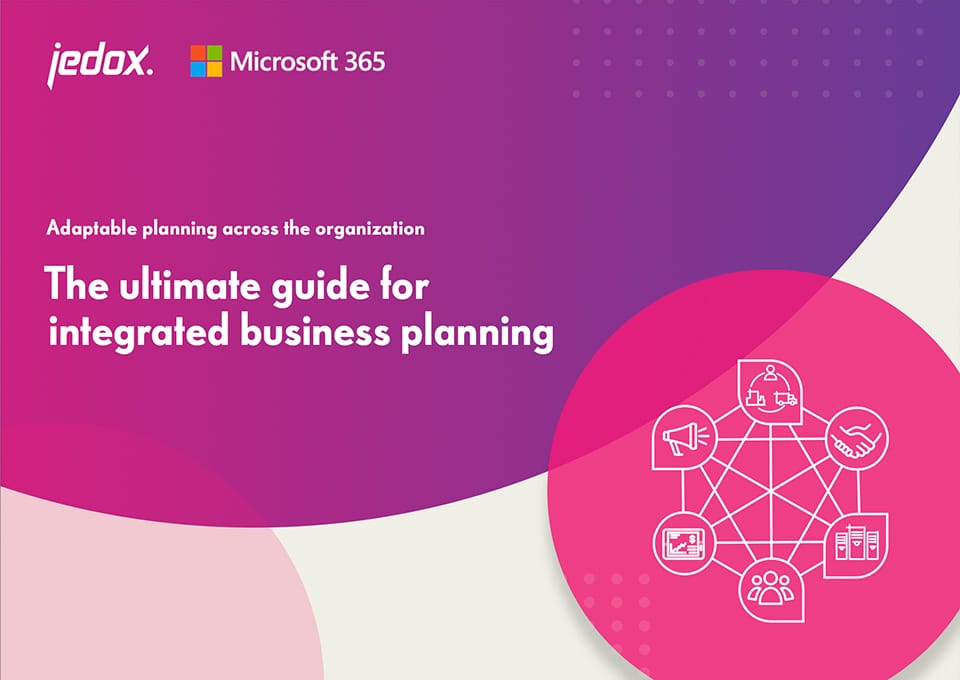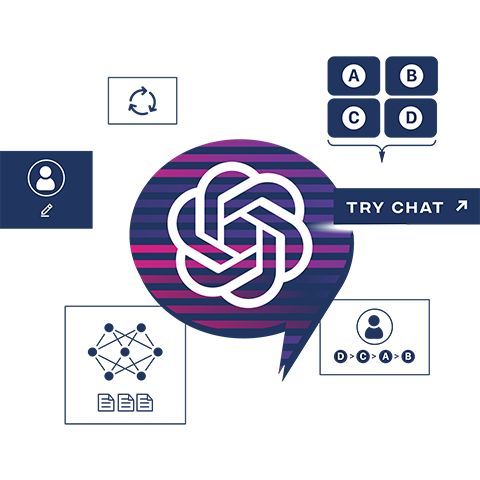
Hey ChatGPT, can you analyze this plan?
ChatGPT is propelling widespread adoption of generative artificial intelligence (AI) and uncovering new ways for teams and organizations to explore the technology. Tapping into the Jedox platform and its endless integration capabilities, Jedox created a ChatGPT integration model to show how finance, sales, HR, marketing, supply chain, and environmental, social, and governance (ESG) teams can experiment with generative AI in their integrated business planning (IBP) processes.
ChatGPT can add qualitative context to IBP data and supplement human interpretation, and this integration model shows how users can easily embed it within Jedox to interpret information at the click of a button. For example, finance teams can prompt the chatbot to predict trends based on specific data points and display the description in their reports.
Explore how the Jedox ChatGPT integration can take powerful planning to the next level.
What is ChatGPT?
ChatGPT is an AI-driven, natural language processing tool that interacts with users in a conversational way.1 It is a form of generative AI, which enables users to enter written prompts and receive human-like responses based on historical data. The research preview of ChatGPT is free to use and can assist with anything from answering complex questions to writing code.
When users ask ChatGPT how it defines itself, the chatbot answers: “ChatGPT is a language model developed by OpenAI, a leading artificial intelligence research lab.” The model uses the “GPT (Generative Pre-training Transformer) architecture, which is a type of neural network designed for natural language processing tasks.” According to ChatGPT, its purpose is to generate human-like text, which can be used for many applications, such as chatbots and automated content creation.1
Challenges to consider for generative AI
With any early stage technology, teams must proceed carefully and consider ethical and practical challenges as they explore use cases. For example, language models such as ChatGPT have been shown to generate “coherent nonsense,” perpetuate inherent biases, pose intellectual property challenges, and present cybersecurity risks.2 ChatGPT also has limited knowledge of world events after 2021 and may occasionally produce harmful instructions or biased content.1
Teams should fact-check information generated by ChatGPT to ensure accuracy before applying it to their projects. Additionally, although ChatGPT is not meant to retain information provided in conversations, it does “learn” from every conversation, and data privacy is not guaranteed.3 Despite the challenges ChatGPT presents, teams can also explore many benefits. Organizations will likely learn more by using and testing the tool, and ChatGPT will continue to learn in real time.
What is the Jedox ChatGPT integration?
This integration demonstrates how teams can bring generative AI, such as ChatGPT, into the Jedox platform to get instant insights based on specific data and store the information in their reports. When users ask ChatGPT a question, the answer is automatically displayed in the model. Because the Jedox platform is designed to integrate seamlessly with Excel and other technologies, the platform can harness the power of generative AI – no programming or coding is required. The integration takes only seconds to set up, and Jedox provides a demo model to take users through the steps.
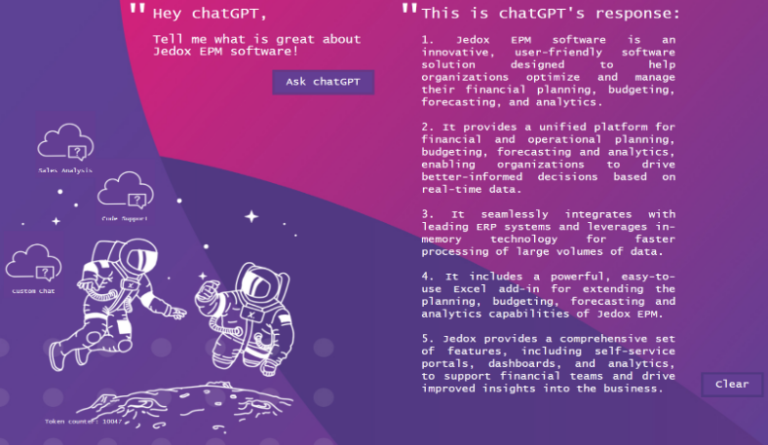
For example, the Jedox ChatGPT integration can easily display a monthly management report alongside the chatbot on the front end so users can adjust the parameters and get insights from ChatGPT side by side. This makes planning simpler, because users do not have to spend time gathering data from multiple sources or using third-party AI tools. They can visualize everything in one place and easily share it with other team members.
Teams can use the Jedox ChatGPT integration to enhance predictive analytics generated by the Jedox AIssisted™ planning solution. AIssisted™ is fully integrated in the platform to better forecast revenue, demand, cash flow, and customer loyalty. Combining these tools enables teams to not only identify drivers with the greatest impact to the business but also generate a supporting description. When sharing forecasts across the organization, the description enables a shared understanding of the data, making the insights straightforward and actionable.
Using ChatGPT with integrated business planning
AI can automate time-consuming tasks, freeing up teams to concentrate on the more valuable aspects of their roles. Teams across the organization can use the Jedox ChatGPT integration to not only enrich reports with insights but also explore other uses for the technology. For example, finance leaders are tasked with telling a story about numbers and breaking down concepts in a way that resonates with teams across the organization, which can be challenging. This is where assistive technology, such as ChatGPT, can improve efficiency, simplicity, and collaboration.
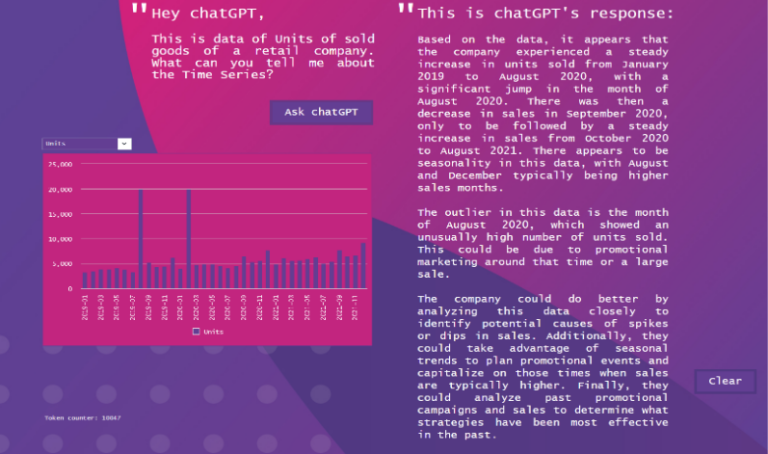
These are just some of the ways teams can potentially use the ChatGPT integration to their advantage, bearing in mind the need to avoid sharing confidential information:
- Finance: provide context to the numbers for management reporting. Interpret trends and outliers and explore recommended actions to take
- Sales: get a descriptive analysis of specific sales data, such as identifying patterns in customer behaviors. Create personalized email copy for prospects
- Marketing: brainstorm content ideas. Train the tool on brand guidelines and generate a starting point for social media, email, and blog copy
- HR: generate interview questions and job descriptions for different roles. Interpret month-over-month or year-over-year datapoints, such as headcount, to refine hiring and retention strategy
- ESG: interpret sustainability data to identify sustainable investment opportunities. Provide guidance on compliance with changing regulations
- IT: instantly generate coding snippets to streamline software integration and customization, write macros, and build reports
- Supply chain: enhance inventory management and enterprise resource planning (ERP) by processing large datasets and flagging issues, or generating quotes based on specific pricing
Conclusion
Generative AI can spark exciting innovations for all teams and organizations. ChatGPT is an accessible way to test the technology and unlock opportunities for more adaptable, integrated, and simplified planning, regardless of technological proficiency. As more information becomes available, the Jedox ChatGPT integration is there for teams to thoughtfully explore the future of powerful planning and how AI can enhance their workflows.
Interested in exploring more possibilities with AI and the Jedox platform? Schedule a demo with the team to learn more.
1 Text generated by ChatGPT, developed by OpenAI, accessed 20 Feb 2023
2 Forrester, Ignoring Generative AI Will Be A Costly Mistake For Enterprises, 14 Feb 2023
3 Bloomberg Law, Employers Should Consider These Risks When Employees Use ChatGPT, 16 Feb 2023

